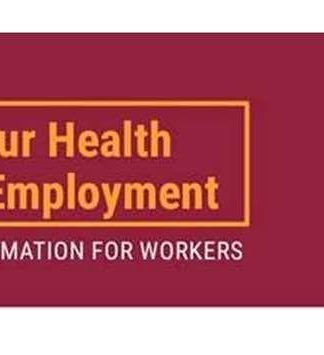Almost two in five workers are anxious about returning to the office, research suggests
One-thousand workers have been surveyed on how they feel about returning to the office after two years during which many worked from home.
Wednesday 11 May 2022 10:42, UK
Almost two in five workers are anxious about returning to the office, research suggests, as life gets back to normal following the worst of the coronavirus pandemic.
Messaging app Slack surveyed 1,000 workers and found that many were concerned that returning to the office would affect their work-life balance.
Almost half of respondents said that hybrid working is best for their mental health but only one in four said they can choose if and when they work in the office.
Half of those surveyed also blamed the cost of travel and food for their reluctance to return.
The research also found:
• Three out of four workers experienced burnout in the past year, and a third put in more hours
• Only two in five respondents said their employer values their mental health
• Seven out of 10 said a four-day working week would improve their health and wellbeing
Chris Mills, of Slack, said: “An employee who is cared for and supported will be inspired to do their best work.
“It’s positive to see UK workers highlighting that hybrid work and technology has an important part to play in their wellbeing.
“To ensure technology continues to be an enabler of healthier workplaces, leaders can also set a good example.
“Building best practices, for instance on how to use features like ‘do not disturb’ and scheduled messages to avoid out of office messaging, can be a great place to start.”





























